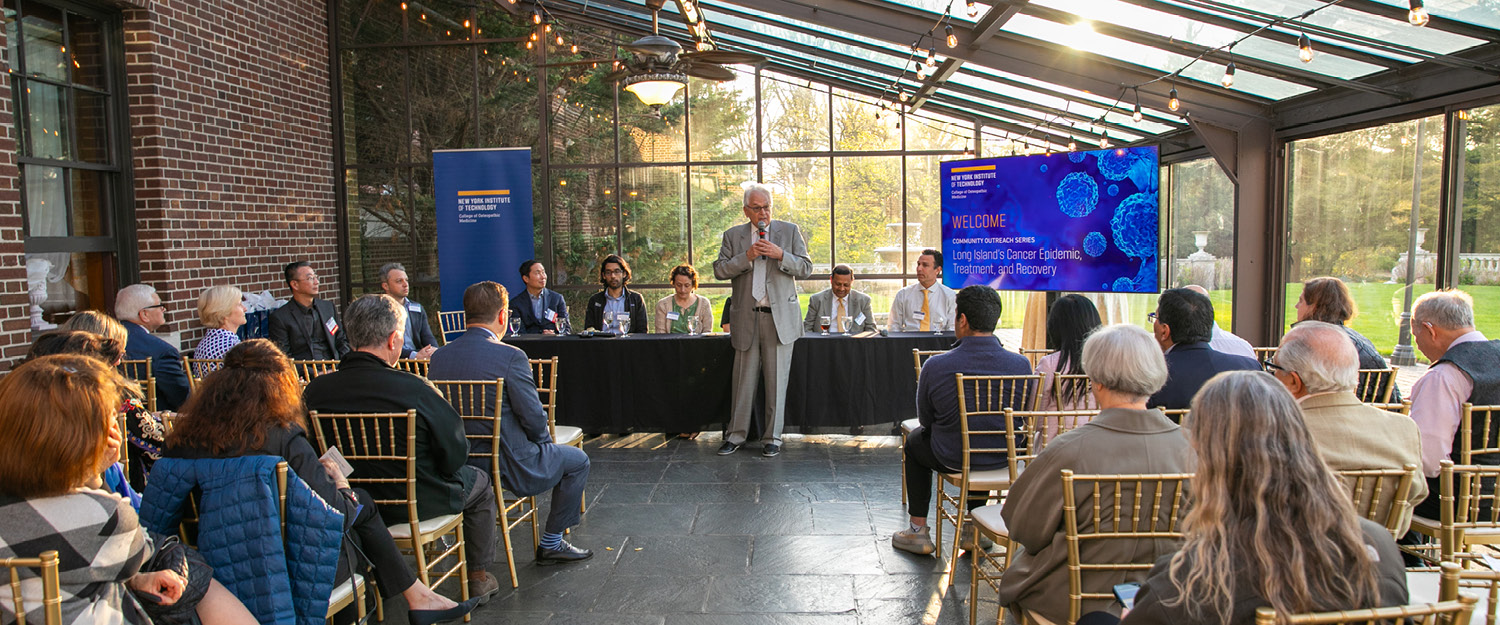
Examining the Cancer Epidemic
Pictured: Local community members attend the forum at NYIT de Seversky Mansion.
Each year, approximately 115,000 people in New York State are diagnosed with cancer. Long Island bears a disproportionately high burden of these rates.
However, potentially life-saving scientific advancements continue to be made every day, bringing medicine one step closer to new treatments and tools for earlier diagnosis.
That was the message shared on April 23 at Long Island’s Cancer Epidemic, Treatment, and Recovery, a forum where experts from the Center for Cancer Research joined some of Long Island’s top oncology providers in informing the local community about promising cancer-fighting innovations.
Moderated by Arthur Klein, M.D., former president of Mount Sinai Health Network, speakers included researchers and experts from the College of Osteopathic Medicine (NYITCOM) and School of Health Professions, clinicians from Catholic Health, and other local hospitals. Among the many updates shared, panelists discussed how precision oncology can provide groundbreaking, targeted therapies for treating cancers associated with BRCA gene mutations (linked to breast, ovarian, and other cancers), the role of artificial intelligence (AI) in cancer diagnosis, and how exercise can be used to accelerate recovery.
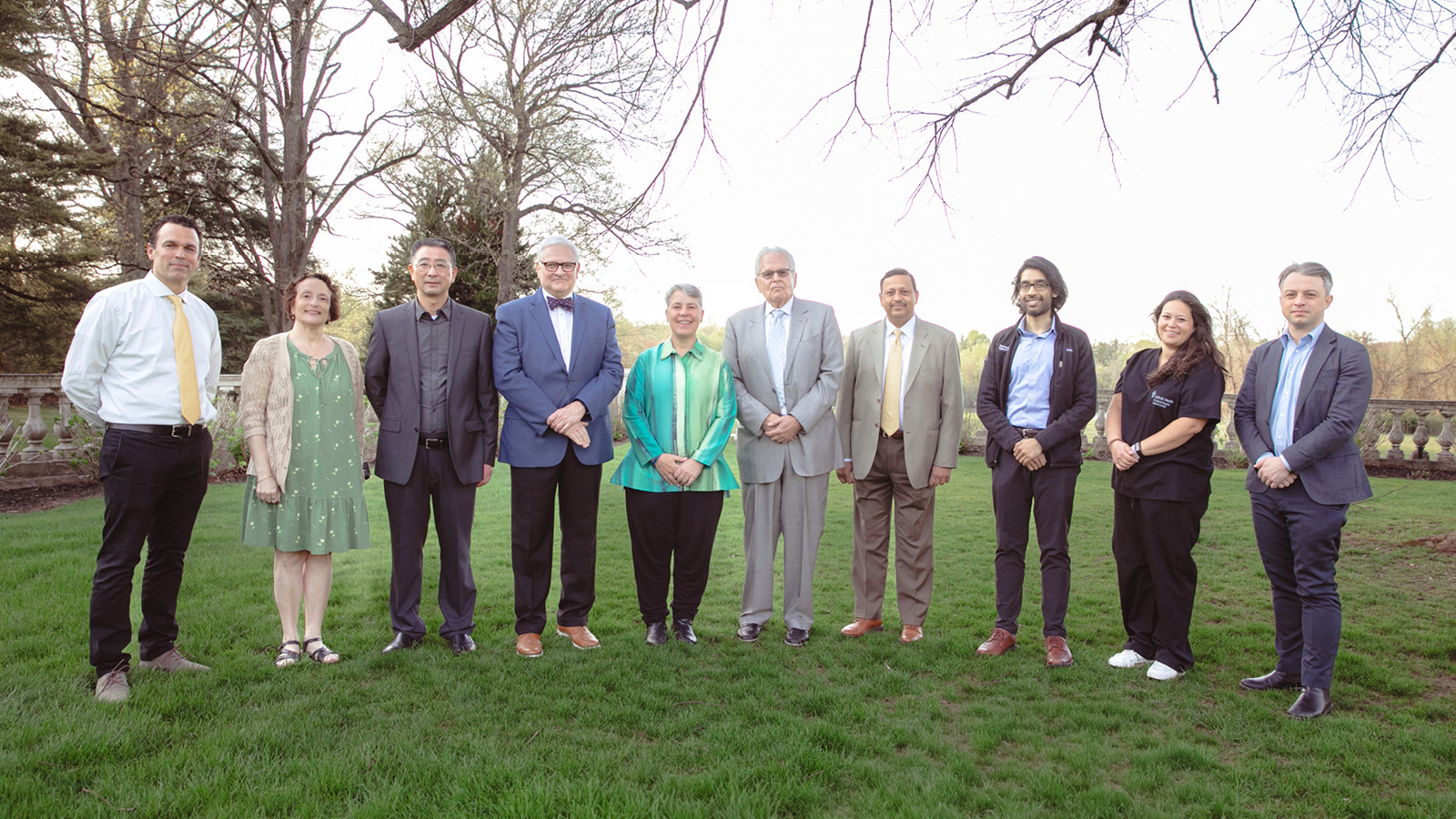
New York Tech faculty and alumni speakers included:
- Dong Zhang, Ph.D., NYITCOM professor and director of the Center for Cancer Research. A seasoned precision oncology researcher, much of Zhang’s work focuses on finding new therapies for ALT cancers, which account for an estimated 10 to 15 percent of cancer cases. These include some of the deadliest kinds, including glioblastoma, osteosarcoma, and pancreatic neuroendocrine tumors.
- Naveed Ahmed (D.O. ’20), a former NYITCOM student researcher in Zhang’s laboratory, who contributed findings to a highly cited research paper. After completing his internal medicine residency at SUNY Downstate Medical Center, Ahmed was named chief resident at Memorial Sloan Kettering Cancer Center for the 2023-2024 academic year. Currently, he is undergoing training at NYU Grossman Long Island School of Medicine’s Oncology and Hematology Fellowship program.
- Arthur A. Klein, M.D., a longtime leader in healthcare management and former president of the Mount Sinai Health Network, who now serves on NYITCOM’s Dean’s Advisory Board, among other clinical education roles.
- Maria Plummer, M.D., a board-certified pathologist, NYITCOM associate professor, and member of the Center for Cancer Research.
- Amerigo Rossi, Ed.D., director of the Exercise and Sport Science, M.S. program and associate professor in the School of Health Professions. Rossi’s research focuses on complementary therapies for cancer control and recovery.
- Christina Trotta (D.O. ’14), a medical oncologist at the Cancer Institute at St. Francis Hospital.
Other experts included:
- Filippo Filicori, M.D., a surgeon at Lenox Hill Hospital and lead physician for the AI strategies of Northwell Health.
- Johnny Kao, M.D., chair of radiation oncology and director of the Cancer Institute at Good Samaritan University Hospital.
- James Grosvenor, head of business development for Anaut, a Tokyo-based surgical AI startup.
- Bhoomi Mehrotra, M.D., chair of Catholic Health Cancer Services and director of the Cancer Institute at St. Francis Hospital.
Long Island’s Cancer Epidemic, Treatment, and Recovery was the first in an ongoing community outreach series aimed at creating a platform for learning and discussion around pressing health issues affecting the region’s population. Anticipated future sessions aim to address cardiovascular health, Parkinson’s disease, and Ehlers-Danlos syndrome.
More News
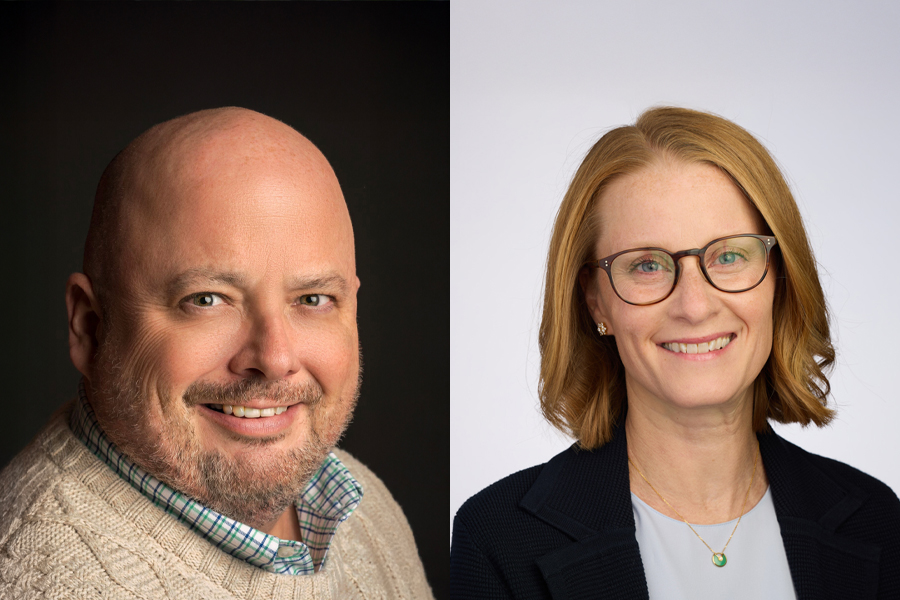
Additional Alumni Named to Board of Trustees
Two New York Institute of Technology alumni have been named to the Board of Trustees, the most recent alumni to join the university’s governing board.
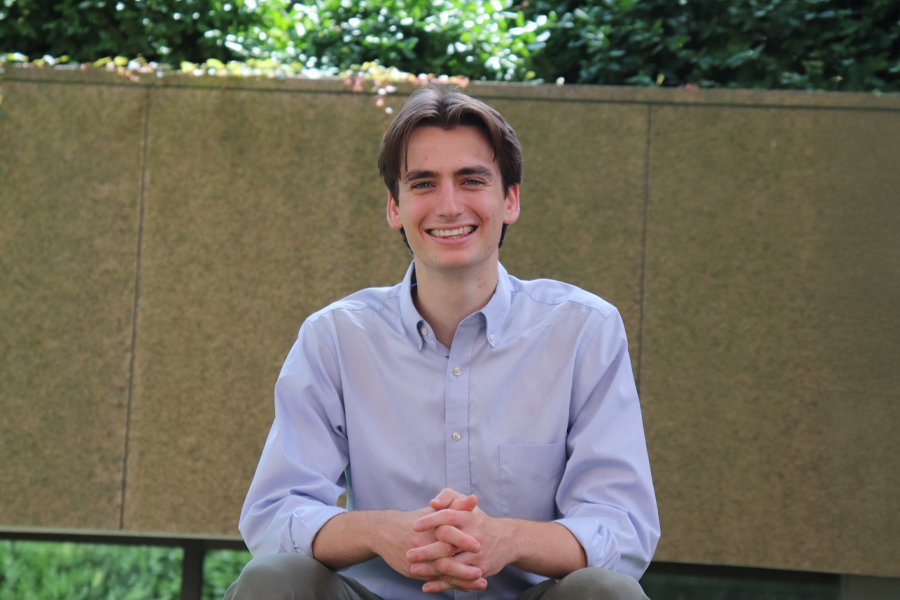
Finding His Balance
Noah Hoonhout’s piece about navigating life as a medical student was published to a Substack with more than 100,000 readers.
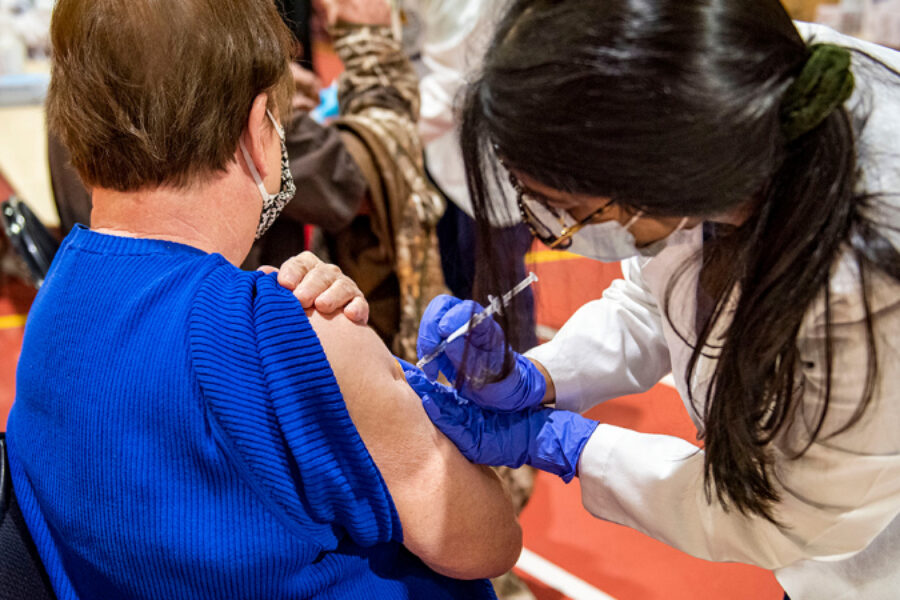
Physician Responds to CDC Vaccine Schedule Changes
Family medicine physician Shane Speights, D.O., site dean for NYITCOM-Arkansas, weighs in on the new recommendations.

Winter Weather Safety 101
Shane Speights, D.O., site dean at NYITCOM-Arkansas, shares tips to stay warm, dry, and safe during the cold months.
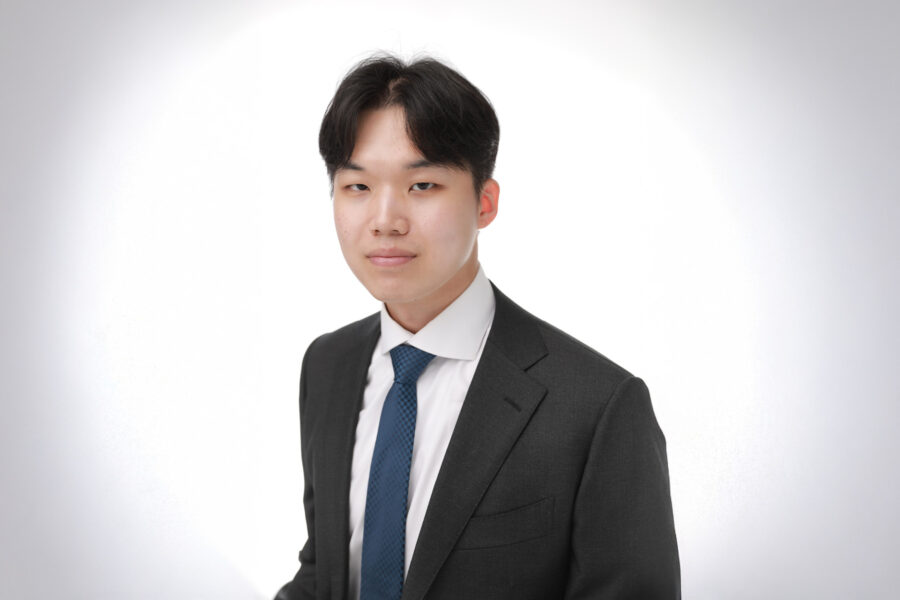
A Collaboration Across Continents
Medical student Dongchan (Alex) Lee participated in an academic study at Dong-A University alongside South Korean researchers as they explored possible links between mineral intake and depression.
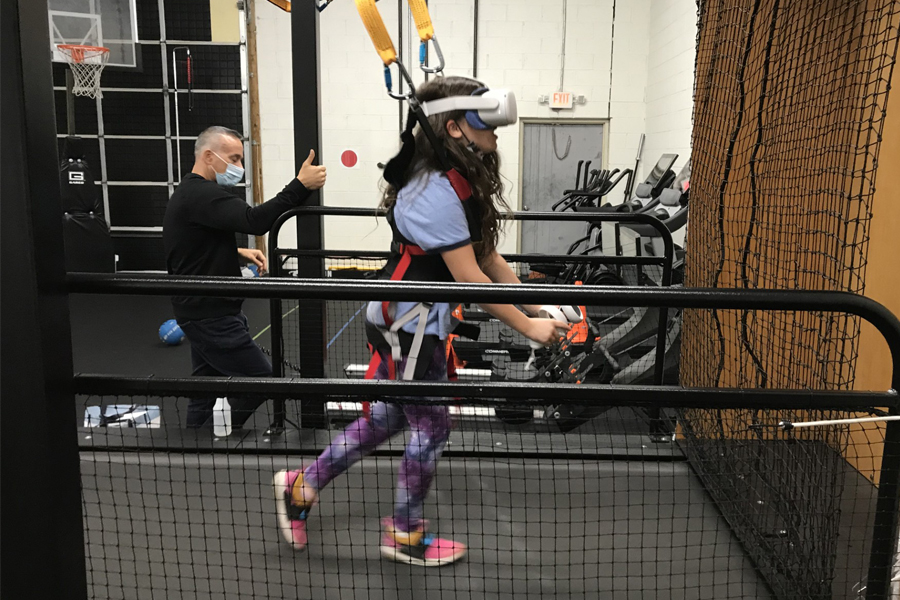
Study: VR Helps Children With Autism Participate in Exercise and Sports
A new study by researchers from the School of Health Professions and College of Osteopathic Medicine demonstrates how virtual reality (VR) can help children with autism spectrum disorder participate in exercise.